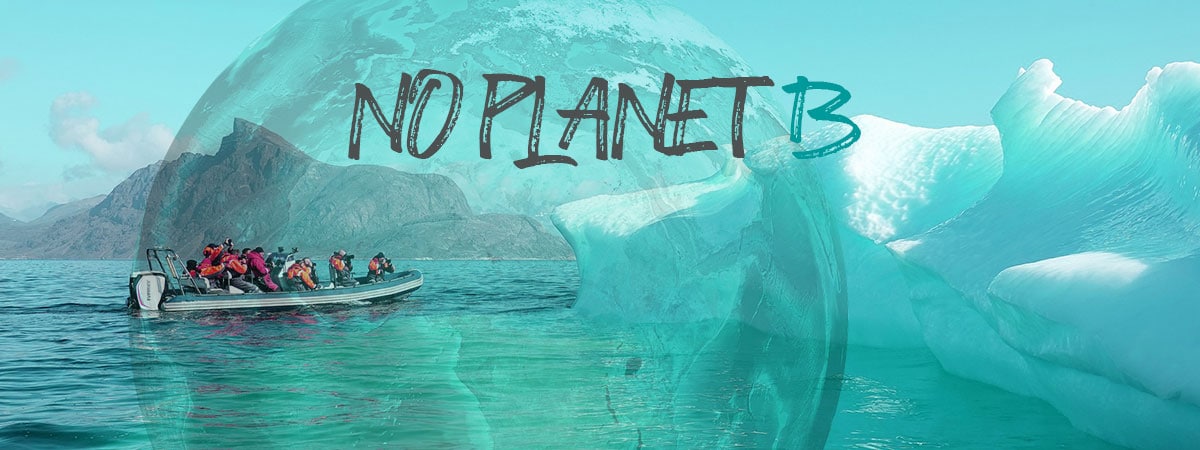Climate change

Climate change is currently the most discussed topic in society and is becoming increasingly important for most people. How explosive the climate crisis really is, is also made clear in countless press and media reports. We have looked at various factors that play a role in the climate crisis. In the following, we would like to take a closer look at them and highlight the actions that are necessary to achieve greater sustainability and environmental friendliness.
Politics is certainly one of the key players when it comes to climate, and so far, it has not been possible to implement any targeted prevention measures. Cities in particular will be forced to adapt their policies and lifestyles in the future, as experts estimate that temperatures will rise by an average of 4 degrees in summer and 5 degrees in winter by 2050. For almost 80 percent of the 520 largest cities worldwide, this means an extreme climate change and a drastic change in lifestyle for their inhabitants. Initial ideas for countermeasures are already available: bicycle-friendly cities, the switch to electric buses or „urban and vertical farming“ for urban food supply and greening of houses. Especially by promoting agriculture in the cities, it is certainly possible to create a better climate and more biodiversity.
Young people in particular are committed to climate protection in order to help shape their own future. With her „Fridays for future“ demonstrations, Greta Thunberg has set a ball rolling that is inspiring many to rethink. Since then, countless discussions and new ideas have emerged on how to protect the earth in the future. Many people would like to make their own personal contribution to climate protection by doing so by living without plastic or through sustainable nutrition. Because one thing is certain: everyone can contribute to our common success through their own actions!
The first thing that often comes to mind when thinking about the climate crisis is large SUVs and airplanes, which emit large amounts of CO2, or the increasing amount of packaging waste, mostly plastic. However, this is only a relatively small part of the overall picture. Especially the food industry, which increasingly causes emissions of greenhouse gases through mass production, plays a decisive role. In particular, the increased consumption of meat, which is responsible for almost 70% of direct greenhouse gas emissions in addition to the enormous consumption of land and resources, must be viewed critically. Rethinking should also take place on the subject of nutrition and meat should be consumed much more consciously – especially in high quality and with a safe origin!
Anyone in Germany who eats healthier food is actively engaged in climate protection.
Source: WWF
What many people do not know: A healthier diet with more fish instead of meat has a positive effect on resource and climate protection. In general, fish production requires less land, less water and less feed compared to all other animal protein sources. However, there are also significant differences in the environmental balance of different production methods:
In order to treat the oceans with care and at the same time ensure sustainable production, fish are ideally bred in a closed aquaculture facility. Since we also want to make our contribution to climate protection, we have developed a system that leaves the smallest possible ecological footprint. In the construction of the SEAWATER Cube, we reuse discarded shipping containers in order to reuse already existing resources (second life cycle). In addition, our fully developed plant technology recycles 99% of the process water, so that less than 1% of the water needs to be replaced every day. Thus, the Cube always offers the animals an optimal habitat with clear, clean water and at the same time avoid the typical contamination of coastal areas by e.g. food residues or excrements of the fish.
If you take a look at the corporate world, it becomes clear that in addition to a few large corporations and many medium-sized companies, start-ups in particular are working flat out on innovative and sustainable solutions to protect natural resources. Especially in the rapidly growing online and mail order business, the rethinking of companies is noticeable. Many stores are paying more attention to reducing the amount of plastic used in packaging and to climate-neutral shipping. This is also an exciting and challenging topic for us in the context of fish marketing. We are currently building up various distribution channels. On the one hand, the fish will soon be available for purchase at our outlet sales. For this purpose, we are using sustainable paper bags and beeswax paper. On the other hand, we are planning an online store where consumers can order regionally produced fish. We are investigating environmentally friendly insulation for the packages, e.g. made of straw. It is very important to us to make the transport of the fish to the end consumer as short and climate friendly as possible.
Finally, our conclusion on climate change is that everyone can make a contribution to a greener future, because if we all take small steps, we can make a big difference in the world together.